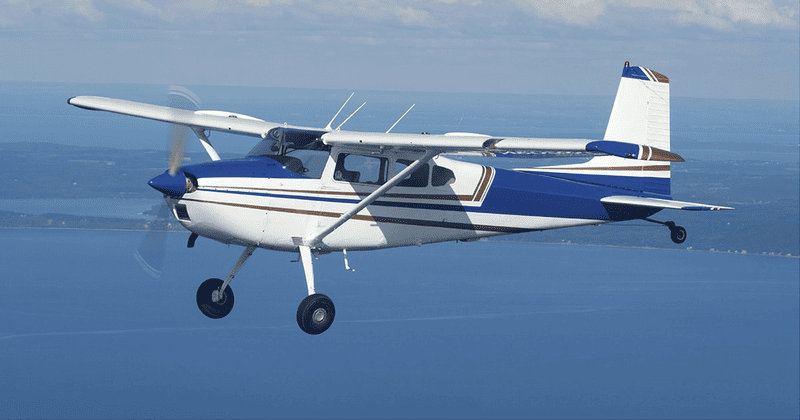 Back to the news list
Back to the news list
Aircraft are a unique mode of transportation, requiring fuel that not only delivers high performance but also ensures maximum safety under all conditions. So, what type of fuel do airplanes use? Let’s explore this question along with some interesting information about aircraft fuel.
The question “Do planes run on gasoline or diesel?” often piques curiosity. In reality, planes primarily operate on jet fuel (Jet Fuel) and aviation gasoline (Avgas). The type of fuel used depends on the specific aircraft:

Do airplanes run on gasoline or diesel?
Fuel selection is determined by the engine design and the purpose of the aircraft, with jet fuel being the most commonly used type today.
Jet fuel is a clear or straw-colored fuel derived from kerosene, primarily used to power turbine engines, such as turboprops and jet engines. Common types of jet fuel include:
Jet fuel offers advantages such as high calorific value, good storage capacity, and low freezing resistance, ensuring stable performance even at high altitudes.
Avgas (Aviation Gasoline) is specifically designed for piston engines found in small aircraft. Unlike automobile gasoline, Avgas has a higher octane rating, which aids in achieving optimal engine performance.
A popular type of Avgas is Avgas 100LL, where “LL” stands for “Low Lead,” indicating a lower lead content compared to earlier formulations. This reduction in lead content helps enhance engine performance and minimizes engine wear, making it a preferred choice for many small aircraft operators.

Avgas is designed for piston-engine aircraft.
Aviation fuel, especially jet fuel, possesses key properties that affect performance and safety during flight. These include:
Jet fuel, particularly jet fuel used in aviation, possesses several critical characteristics that impact performance and safety during flight. Here are the main characteristics:
The volumetric heat of combustion is a crucial property for determining an aircraft’s range. Fuels with high volumetric heat of combustion enable the aircraft to fly farther, while fuels with high mass heat of combustion are preferred for non-supersonic jet aircraft.
The volatility of jet fuel is essential to ensure that the engine can start and operate efficiently under all flight conditions. The boiling point of jet fuels typically ranges from 60°C to 300°C; however, each type of engine has specific requirements for volatility. This ensures optimal performance across various operational scenarios.
These figures serve as references; actual fuel consumption can vary based on factors like engine power, aircraft age and type, taxi time, cargo weight, weather conditions, and airflow direction.
Fuel costs fluctuate based on the aircraft type and current fuel prices. For instance, filling up a Boeing 787 can cost around VND 4.8 billion, depending on the fuel price at that time.
The fuel capacity of an aircraft varies by model. Here are some examples:
The octane rating measures a fuel’s ability to resist detonation. For jet fuel (Avgas), the octane rating is usually very high, which helps the engine operate more stably and durably under harsh conditions.
Fuel is a crucial factor in determining the performance and safety of an aircraft. Both jet fuel and Avgas are specially designed to meet the strict requirements of the aviation industry.
Hopefully, this information has helped clarify whether planes run on gasoline or diesel and provided insight into the components that enable these giant “iron birds” to conquer the skies.
Không thể sao chép